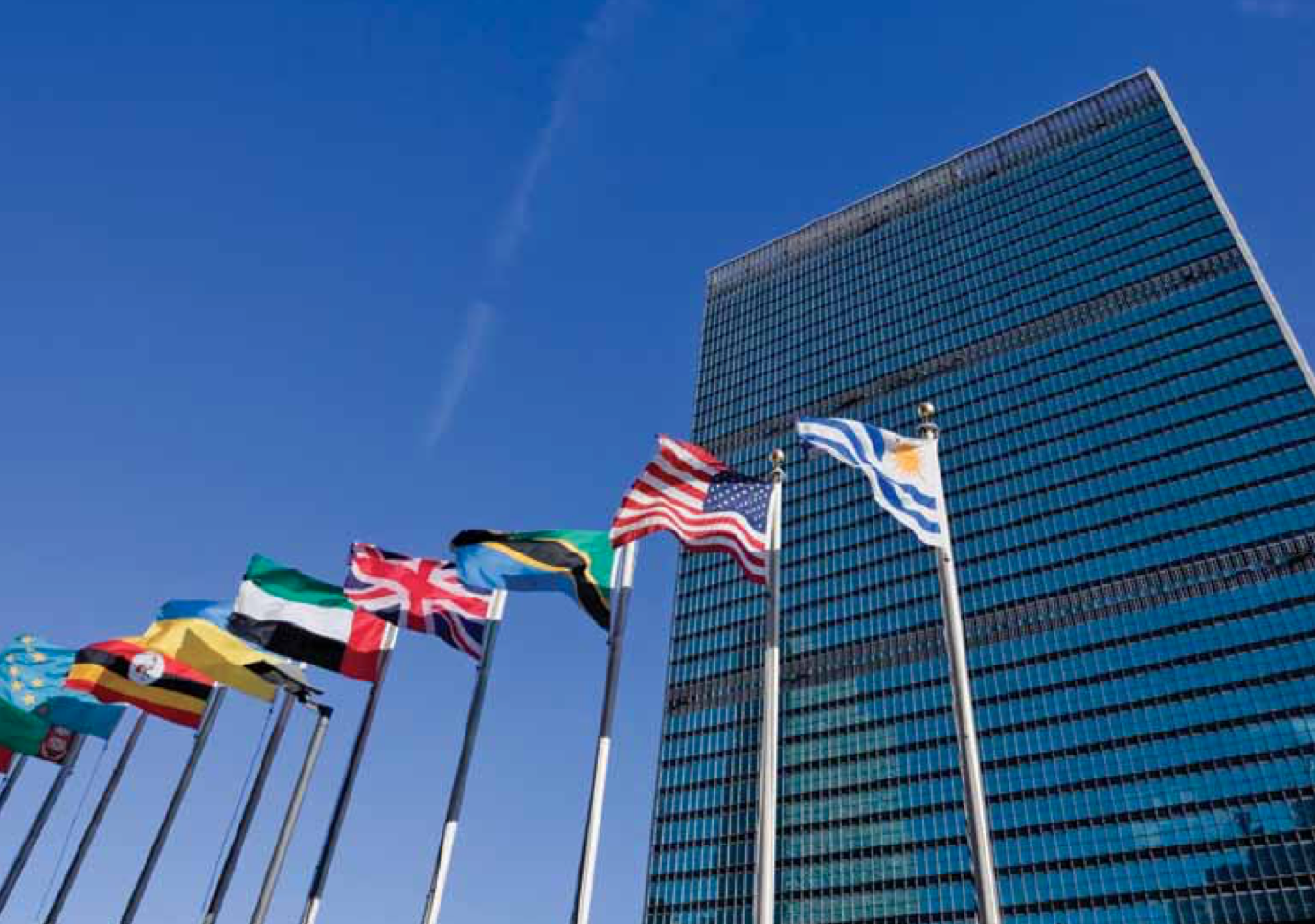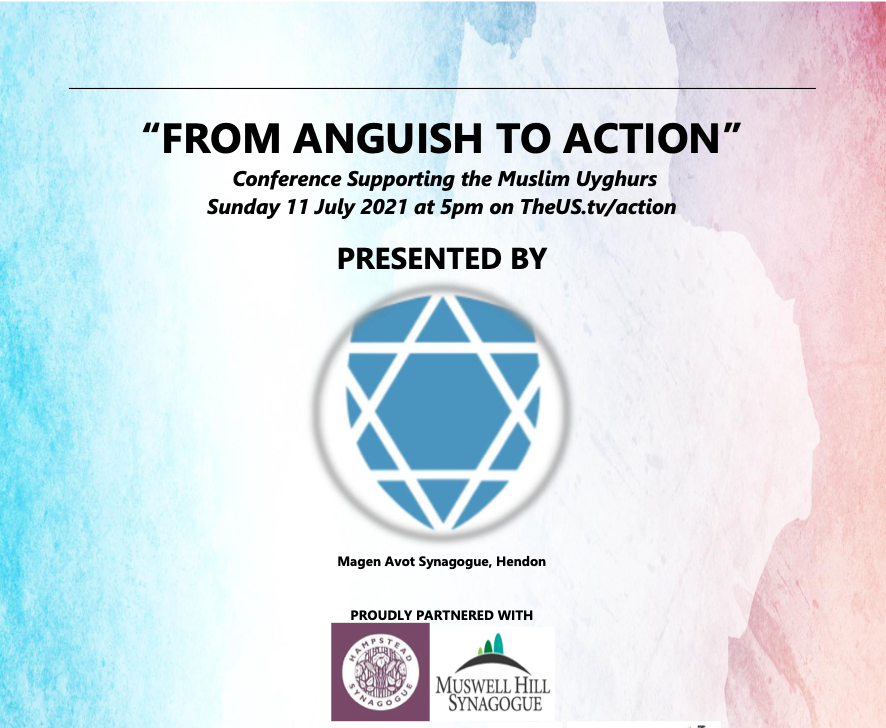(The Middle East Quarterly) – Based on principles derived from the Hague and Geneva conventions, individuals have been brought to trial for war crimes, crimes against peace, and crimes against humanity. The outstanding examples of such trials were those held at Nuremberg after World War II where numbers of leading Nazis were brought to court for some of the many crimes committed by Germany under the Third Reich. The shadow of those trials is still visible today. In July 2009, John Demjanjuk, a Ukrainian accused of crimes while working for the Nazis as a concentration camp guard was deported from Canada to Germany to stand trial. On a smaller but significant scale, cases have been brought against individuals responsible for the genocide that took place during the Bosnian war of 1992-95. More recently, however, individuals and organizations with political grievances have started to make use of war crimes legislation in order to pursue a variety of officials from states equipped with well-run courts and tribunals, notably the United States, Great Britain, and—most of all—Israel. Should this matter to us? Aren’t war crimes clear and cut; shouldn’t those who commit them be pursued with the full force of the law? This essay tries to answer those questions and others
The poster of Dan Halutz, former IDF chief of staff and Israeli air force commander, is an example of attempts to delegitimize Israel and present its officials as war criminals for conducting antiterrorist actions.
Again and again attempts have been made to indict Israeli soldiers and civilians as war criminals when their only crimes have been to thwart terrorist actions or punish those responsible for murder.[1] A boost was given to this gambit when speeches at the Durban Conference on Racism in 2001 branded Israeli antiterrorist actions as “war crimes” and condemned Israel as “an apartheid state” that has committed ethnic cleansing and acts of genocide. This has set the tone for a series of attempts to summon Israelis before foreign courts, from Ariel Sharon and Amos Yaron (particularly with regard to the 1982 Sabra and Shatila massacre in Beirut, which had already been investigated by Israel’s own Kahan Commission),[2] to Avraham (Avi) Dichter for the assassination of a Hamas leader while he was director of the Israeli security service, Shin Bet, to Doron Almog, an Israeli general accused of mass murder in 2002, and Moshe Ya’alon, former head of Israeli military intelligence (and later chief of staff), indicted for bombings in Qana, Lebanon, in 1996.
The sweep of charges is wide. The individuals charged have been important figures in Israeli life and major contributors to Israel’s security. Attempts to charge them with crimes against humanity have never been matched by calls to indict Palestinian terrorist chiefs. The bias is very clear, and it is inspired not by humanitarian concerns or a desire for justice but by political motives.
(for all references see the source article)
Read Full Article: The Middle East Quarterly
Barak Seener is the CEO of Strategic Intelligentia and a former Middle East Fellow at the Royal United Services Institute (RUSI). He is on Twitter at @BarakSeener.




